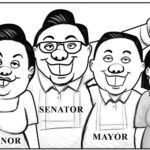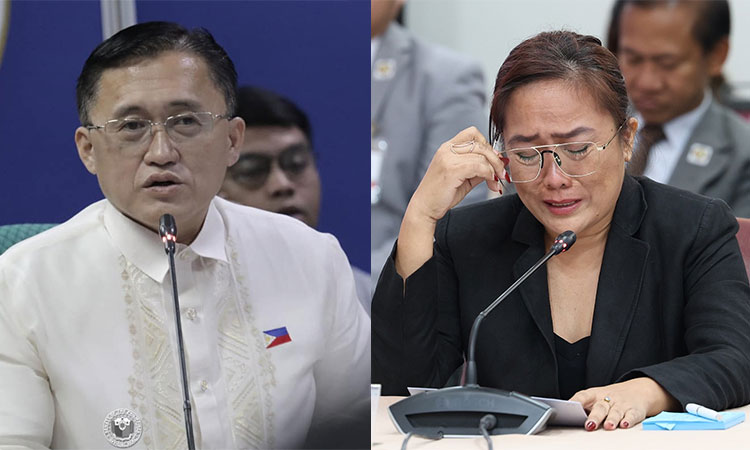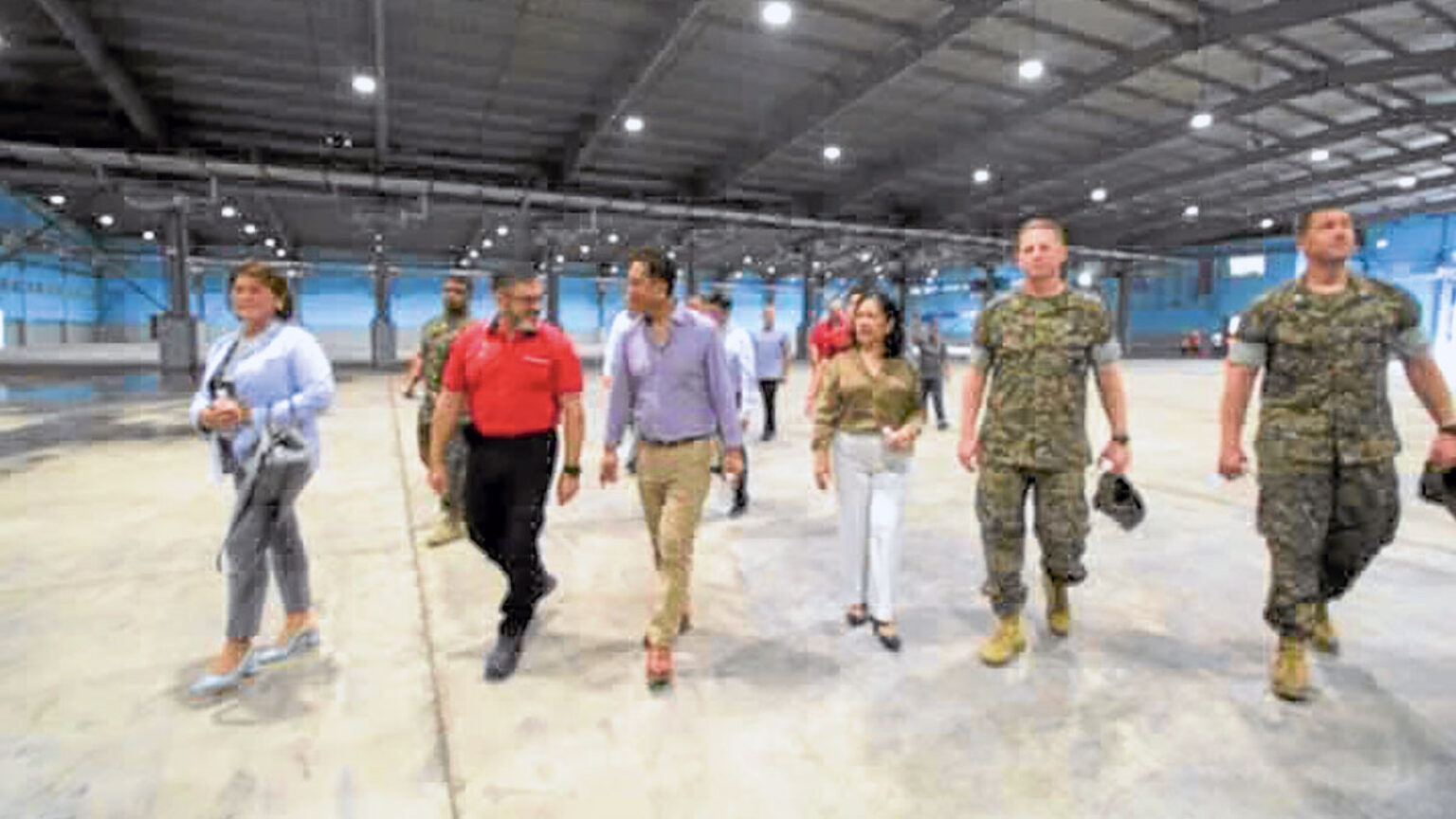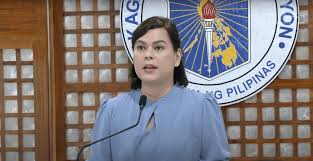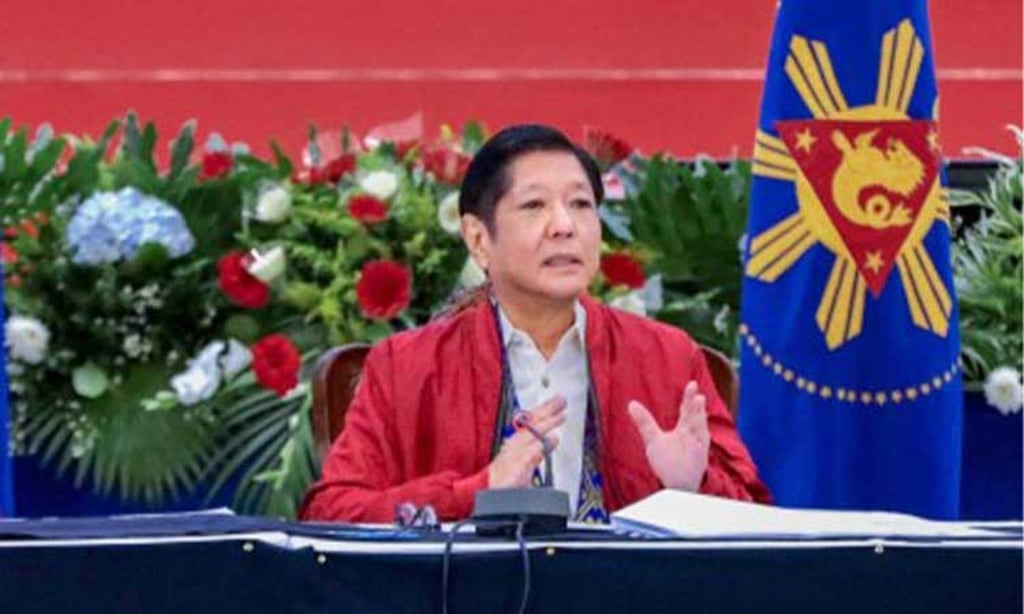Writer: Alex
SENATOR Christopher “Bong” Go denied on Saturday, October 12, 2024, the supposed “reward system” in former President Rodrigo Duterte’s bloody drug war as claimed by retired police colonel Royina Garma.
In a statement, Go, Duterte’s former close-in aide, shot back at Garma, saying that she only made the statement as “diversionary tactics” amid her implication in the murder of former Philippine Charity Sweepstakes Office (PCSO) board secretary, retired general Wesley Barayuga.
Garma, who served as the former PCSO general manager, along with retired colonel and National Police Commission (Napolcom) Commissioner Edilberto Leonardo were tagged by Lieutenant Colonel Santie Mendoza as the brains behind the killing of Barayuga in 2020.
“Malicious and unsubstantiated statements should have no place in any credible investigation,” he said.
Go said he would strongly encourage the Senate to conduct an impartial investigation on Garma’s claims.
“Palagi ko pong sinasabi, karapatan ng taumbayan na malaman ang katotohanan. Doon lang sana tayo sa totoo at tama. Kilala n’yo po ako, mas gusto kong magtrabaho at magserbisyo lamang sa kapwa ko Pilipino pero kung sariling pangalan ko na ang nadiudungisan, hindi ako papaya d’yan,” he added.
(I always say, the people have the right to know the truth. We should only be there in truth and what’s right. You know me, I prefer to work and serve my fellow Filipinos, but if my own name is being defamed, I will not accept that.)
During the House of Representatives’ quad committee investigation on the possible link between the proliferation of illegal operations of Pogos, illegal drug trade, anomalous land acquisitions, and extrajudicial killings (EJKs) during the Duterte administration on Friday, October 11, 2024, Garma emotionally read out her affidavit directly implicating Duterte in the extrajudicial killings carried out by the Philippine National Police (PNP) during the crackdown against illegal drugs under the Duterte administration.
She said that in May 2016, months before Duterte took office, he asked her to find someone “capable of implementing the war on drugs on a national scale, replicating the Davao model.”
Garma said the Davao model referred to the system involving payments and rewards in three levels: reward if the suspect is killed, funding of planned operations and refund of operational expenses.
She said she later learned that Duterte tapped Leonardo through policeman Arthur Nasolis to carry out the Davao model.
Garma said Leonardo, who is the “perfect fit” for the job, would tell her Duterte’s directions.
She said Leonardo is the one conducting briefings to all anti-narcotics agents for the implementation of the drug war. He is also allegedly the one who identifies those who would be included and removed from the drug list.
Garma said reports are being sent to then President Duterte through Go, particularly the death of drug suspects for request for funding.
She also provided a “communication work flow” diagram, which goes from Duterte, Go, to then-assistant secretary Irmina “Moking” Espino, who was Go’s aide in Malacañang.
Garma also revealed the alleged involvement of police in the killing of Tanauan, Batangas Mayor Antonio Halili in 2018 while attending a weekly morning flag ceremony.
She said Halili is also being dragged into the illegal drug trade.
Garma said she is issuing the affidavit after she “made some reflections and I have to go back sa values na lagi kong sinasabi — always [tell] the truth because the truth will set you free,” said Garma.
“Wala pong namilit (No one coerced me). It took me one week to make some reflections. I realized that the truth will always set us free,” Garma said. She was in tears.
During the hearing, Napolcom Vice chairperson Albert Bernardo confirmed the resignation of Leonardo amid the ongoing controversies.
Meanwhile, Senator Ronald “Bato” dela Rosa, the chief implementer of Duterte’s drug war, said he is not aware of the rewards system as claimed by Garma.
“During my time as the chief PNP, I did not engage in a reward system because I had no funds for that. The only reward system in the pop is the DILG-approved list of the most wanted persons,” Dela Rosa said.
“I did not believe in such a system because it is a sworn duty of every policeman to keep his area of responsibility free from drugs,” he added.










